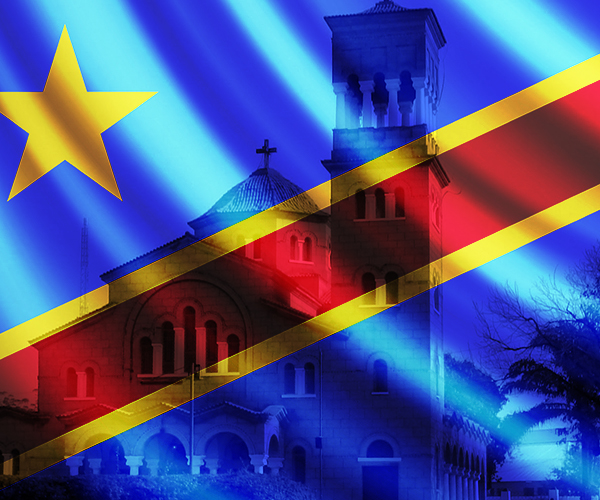Security
The decision to travel is your responsibility. You are also responsible for your personal safety abroad. The Government of Canada takes the safety and security of Canadians abroad very seriously and provides credible and timely information in its Travel Advice. In the event of a crisis situation that requires evacuation, the Government of Canada’s policy is to provide safe transportation to the closest safe location. The Government of Canada will assist you in leaving a country or a region as a last resort, when all means of commercial or personal transportation have been exhausted. This service is provided on a cost-recovery basis. Onward travel is at your personal expense. Situations vary from one location to another, and there may be constraints on government resources that will limit the ability of the Government of Canada to provide assistance, particularly in countries or regions where the potential for violent conflict or political instability is high.
Heavy gunfire was reported in the centre of Brazzaville on the morning of December 16, 2013. Even though the situation currently appears calm, be extremely vigilant and avoid unnecessary movement.
Due to insecurity in the neighbouring Democratic Republic of Congo (DRC), you should use extreme caution if travelling to the border areas in northern Congo along the Ubangui River. Sporadic fighting occurs in the Pool region, which includes the capital, Brazzaville, and east of Bouenza.
Business visitors should travel to the Republic of Congo only if they have assistance from their hosts and/or local authorities. The security situation remains unpredictable. You should stay in close contact with the Embassy of Canada in Kinshasa, Democratic Republic of Congo or Foreign Affairs, Trade and Development Canada in Ottawa while you are in the Republic of Congo.
Crime
Criminal activity occurs as a result of long-term economic recession and the influx of arms. Street crime such as mugging and purse snatching can occur. Local police resources are limited and response to emergency calls is often very slow (15 minutes or more). In case of robbery, legal recourse is limited. Ensure that personal belongings and travel documents are secure at all times. Do not show signs of affluence, and do not venture out alone after dark.
Poorly marked roadblocks monitored by undisciplined, armed soldiers are present throughout the country. Security forces may detain foreigners and/or attempt extortion.
Civil unrest
Even though a ceasefire accord was signed in March 2003 between the Congolese government and the Ninja rebel group, war-related crimes, such as the murder of Congolese civilians or looting of private property, remain a risk, particularly in the Pool region. You should exercise caution and should be especially vigilant and avoid situations where political violence and demonstrations may occur.
Road travel
Other than National Route 2, north of Brazzaville, which reaches the city of Oyo, most roads are dirt tracks. Overland travel outside major cities should only be undertaken during daylight hours, in a convoy of four-wheel-drive vehicles. You should provide your itinerary to the Embassy of Canada in Kinshasa. Although no authorization is required for road travel in the Pool region, you can take the precaution of requesting information on current safety issues from the Congolese local security services or the United Nations offices in Kinshasa (Democratic Republic of the Congo).
Rail travel
Passenger travel on the railroad is discouraged, as there are frequent reports of extortion by undisciplined security forces and robberies by criminal elements along the route. The rail line between Pointe-Noire and Brazzaville should be avoided as it is not safe and is frequently attacked by rebels. The rail service is very sporadic at best and several serious accidents in recent years have raised concerned over safety standards.
Air travel
Travel between Brazzaville and Pointe-Noire should be by air. Note that while flights between Brazzaville and the cities of Pointe-Noire, Nkayi and Loubomo run on a daily basis, the air links to other cities like Impfondo may be more random. Departure schedules are often not respected.
See Transportation Safety in order to verify if national airlines meet safety standards.
General safety information
Tourist facilities are limited. There are frequent electrical power outages and fuel shortages.



